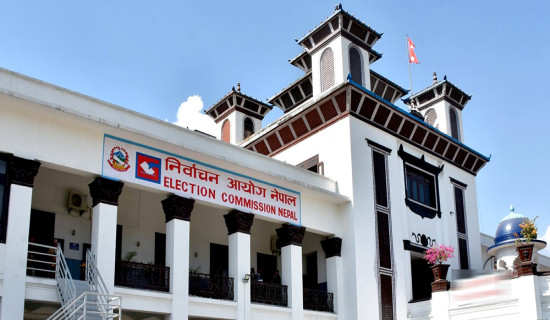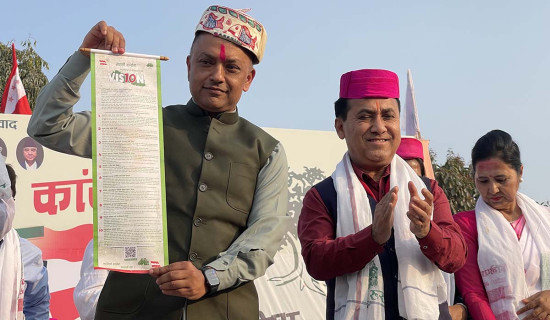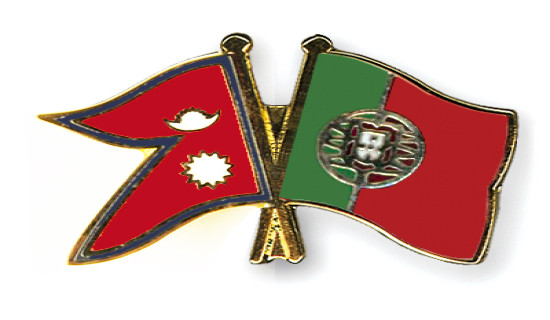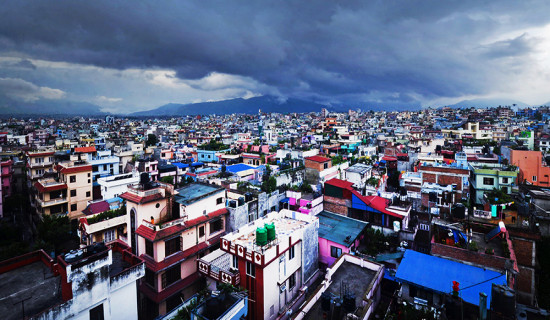- Thursday, 19 February 2026
Stick To Poll Manifesto
With the date for local elections drawing closer, the political parties have ramped up their campaign to win the support of voters. One way to gain the confidence of the electorates is the issuance of poll manifesto that is a commitment paper of a party made to the public. The manifesto highlights the ideology, policy, programs and action plan of the party that unveils it.
The party commits to implementing the promises made in the manifesto if it wins the election and holds the public offices. Theoretically, the manifestoes offer the voters informed decisions before casting their ballots. They come to know about the parties' vision and priorities meant for addressing the burning issues and problems facing the country.
Moreover, a poll manifesto serves as the political document for the people to make the given party to accountable to their commitment and action on the ground. The voters accept or reject the parties in the elections on the basis of their performance based on their manifestos.
Constitutionally, the parties are not obliged to make public the manifesto but they are morally bound to translate their promises into action. It is a good practice of unveiling the manifesto ahead of polls, which reflects the healthy exercise of democracy. This strengthens the democratic culture, transparency and credibility of the political parties while nurturing their bond with the people.
In Nepal, the parties have continued to follow this tradition and canvassed for votes on the basis of their manifestoes. But they are criticised for making tall promises and failing to implement them after the election victory.
Nonetheless, the public considers the manifestoes as the yardstick to make informed choices at the ballot boxes. The major and minor parties are set to go to the doorsteps of voters with their manifestoes for the local polls to be held on May 13.
The other day, CPN-Unified Socialist, a constituent of the five-party ruling alliance, made public its 47-page election manifesto with the slogan of “People-oriented local government, basis of development and prosperity.” It has rolled out an array of ambitious programmes to bolster social welfare system and good governance as envisaged in the constitution.
According to the news report of this daily, the Unified Socialist has put forward the schemes of free drinking water, free health services, reforms in the education system, the protected agricultural market for improving farmers' living standards, developing of road connectivity and other infrastructures, protecting rights of women, children, elderly people, disabled, sexual minorities, Dalits and other minority communities.
The party has announced to provide every household with 5,000 liters of clean drinking water in the municipality and 200 units of electricity free of cost through the local government. It has vowed to build well-equipped libraries at the municipal level, chalk out a special plan for the protection of water resources, sort out the problems of landless squatters, create a corruption-free local government and manage the encroached public lands and properties.
The party has decided to disclose the property details of its candidates on the day of their nomination for the local level election. The manifesto appears to be impressive but challenges lie in realising it. As the new party, the local poll is a litmus test for it. In order to brighten its poll prospect, it must be able to walk the talk.











-original-thumb.jpg)





